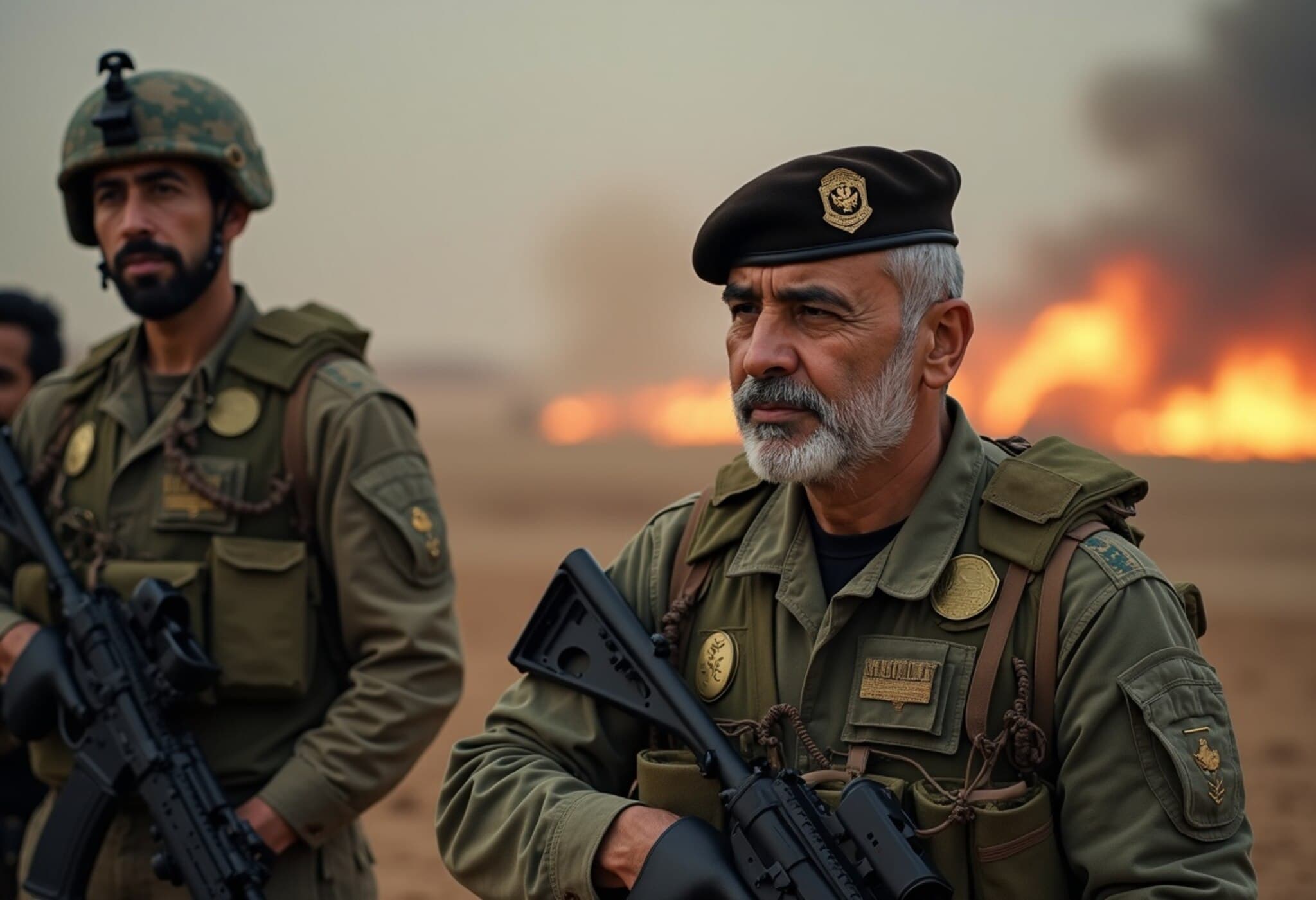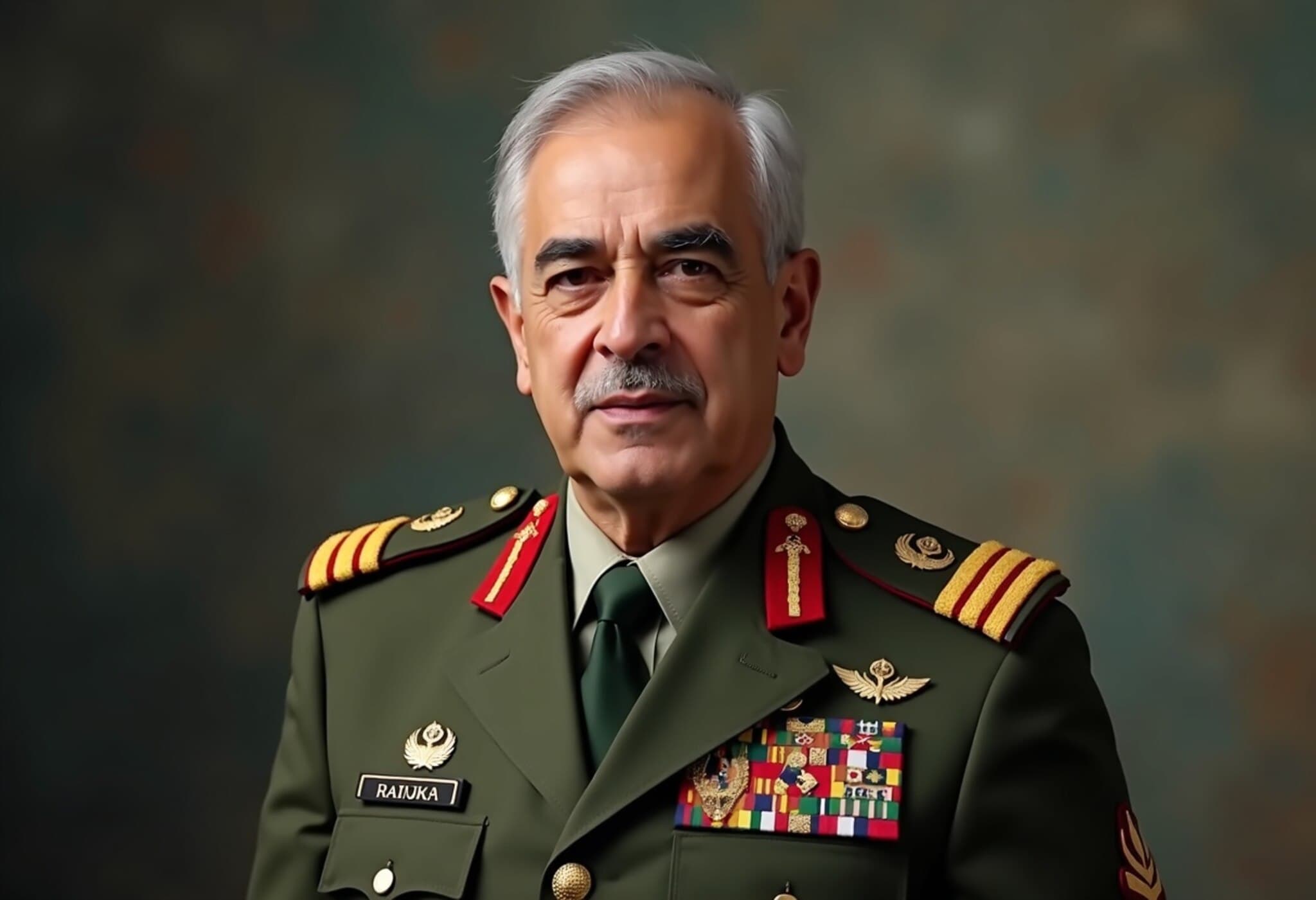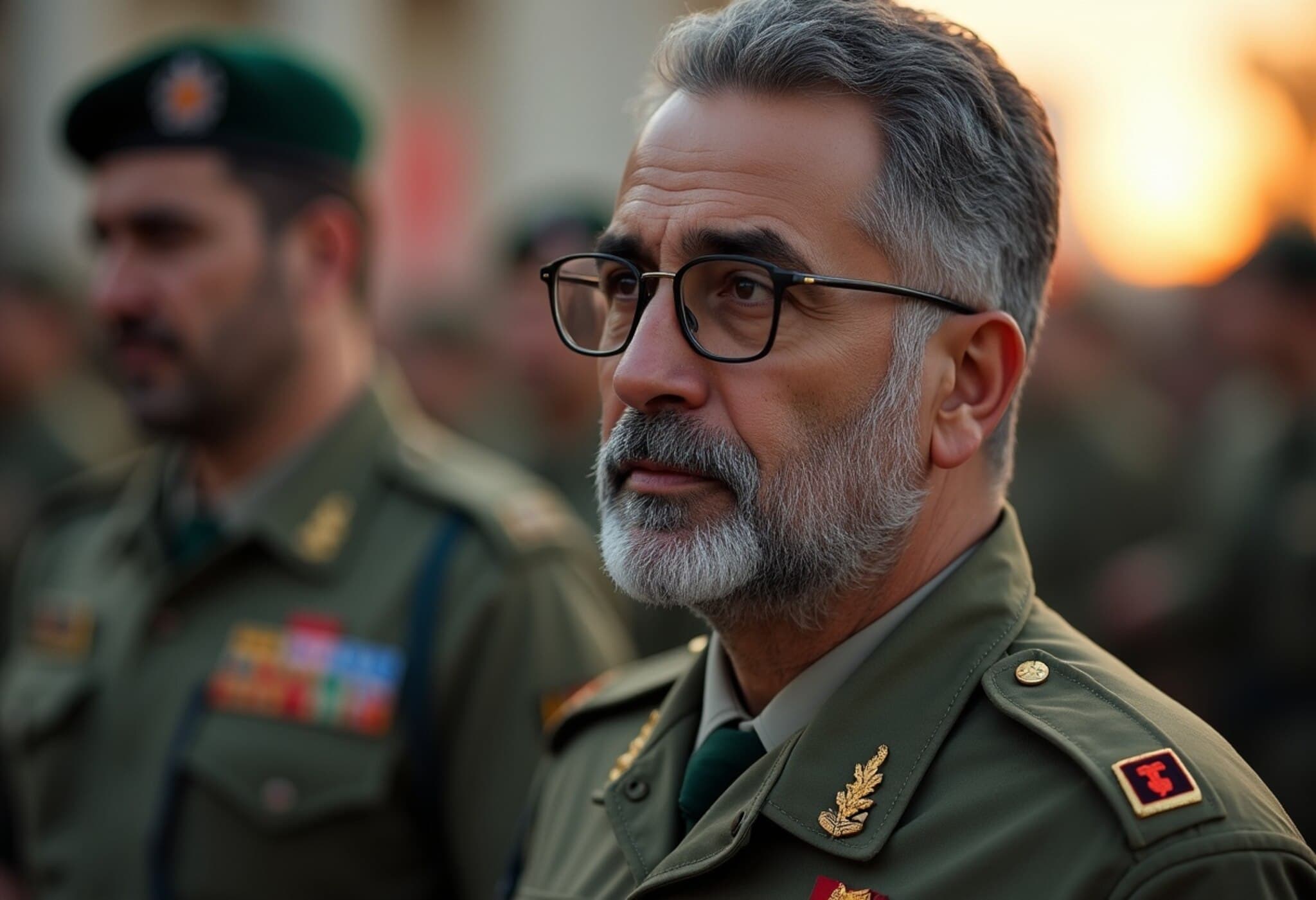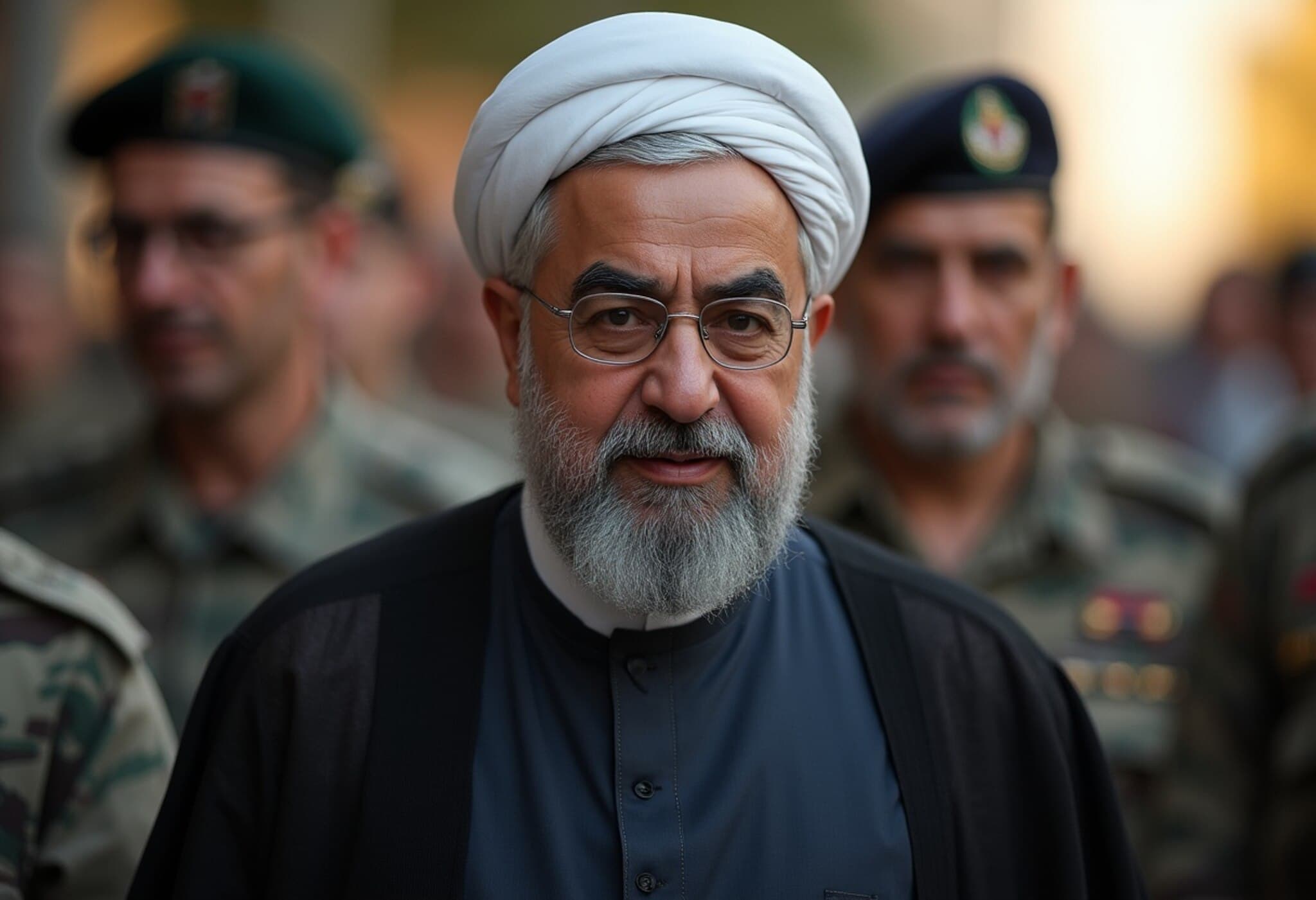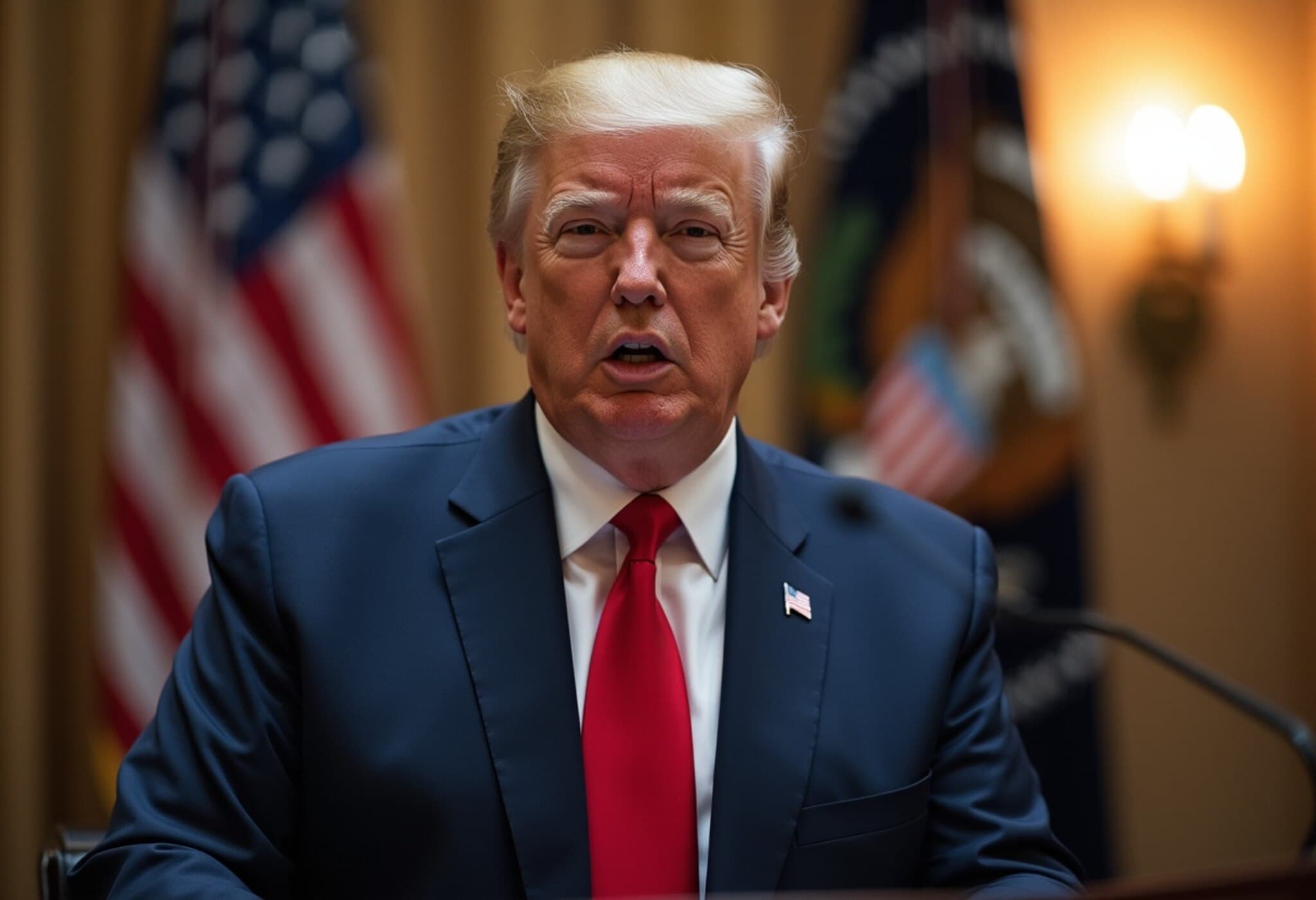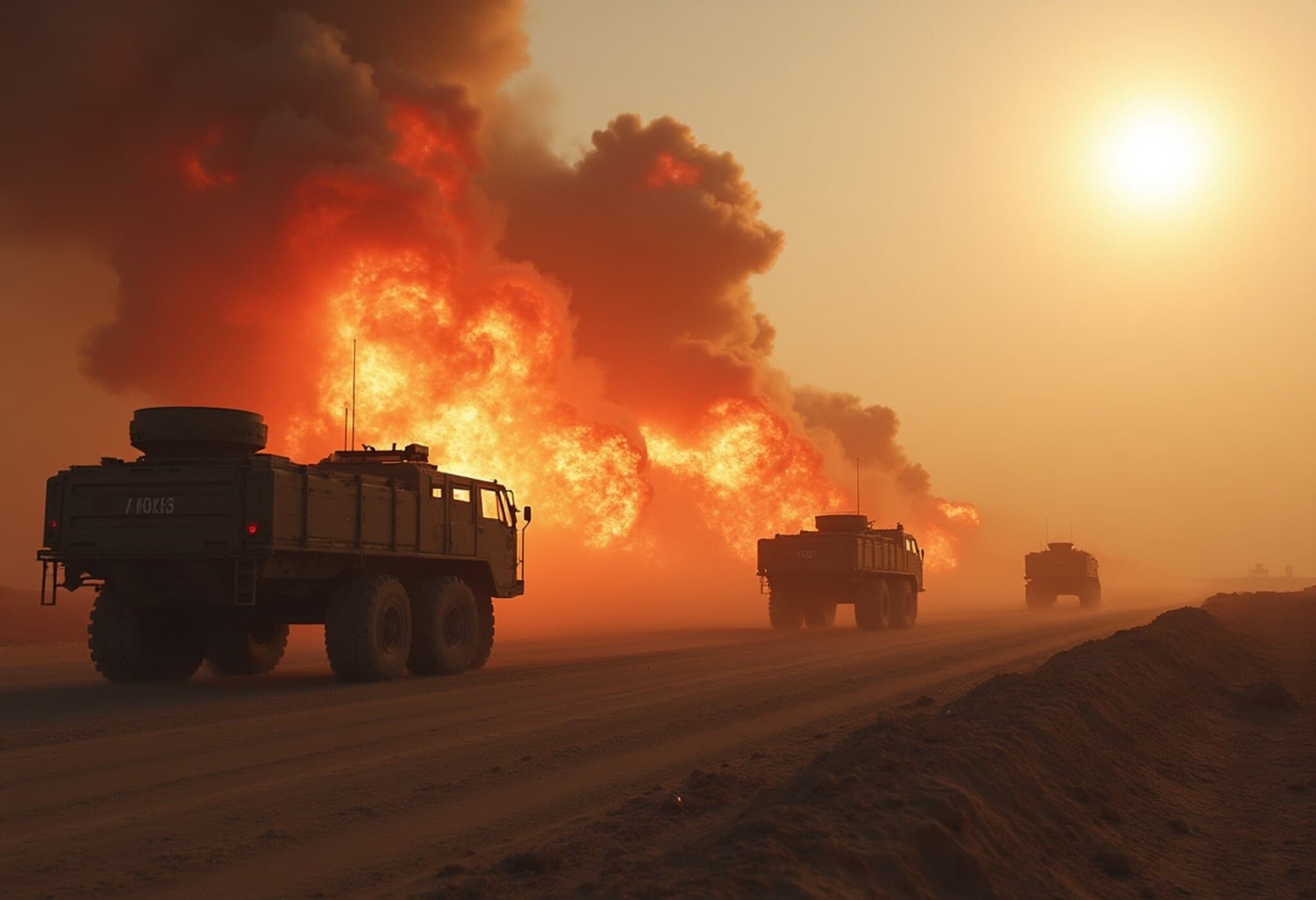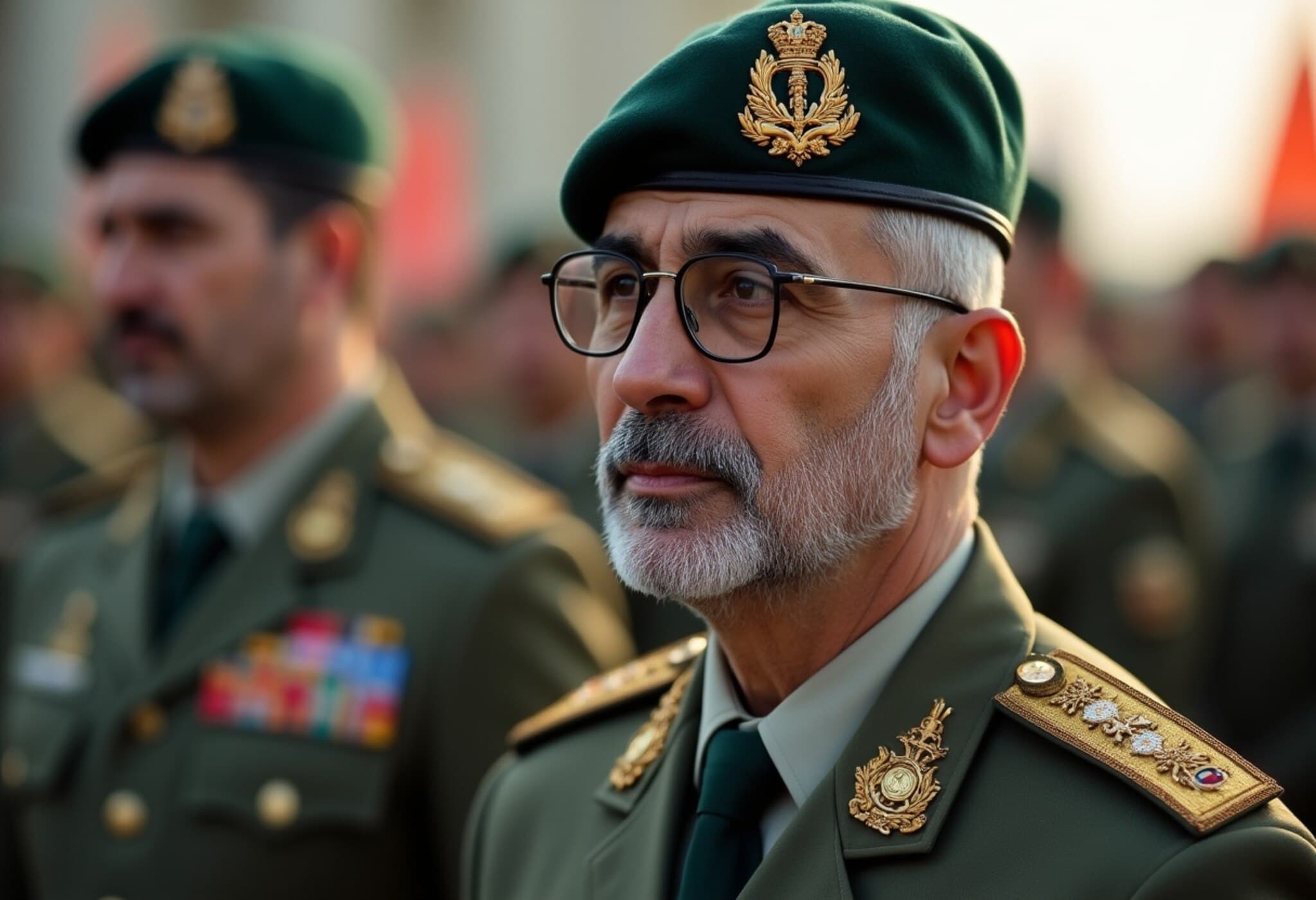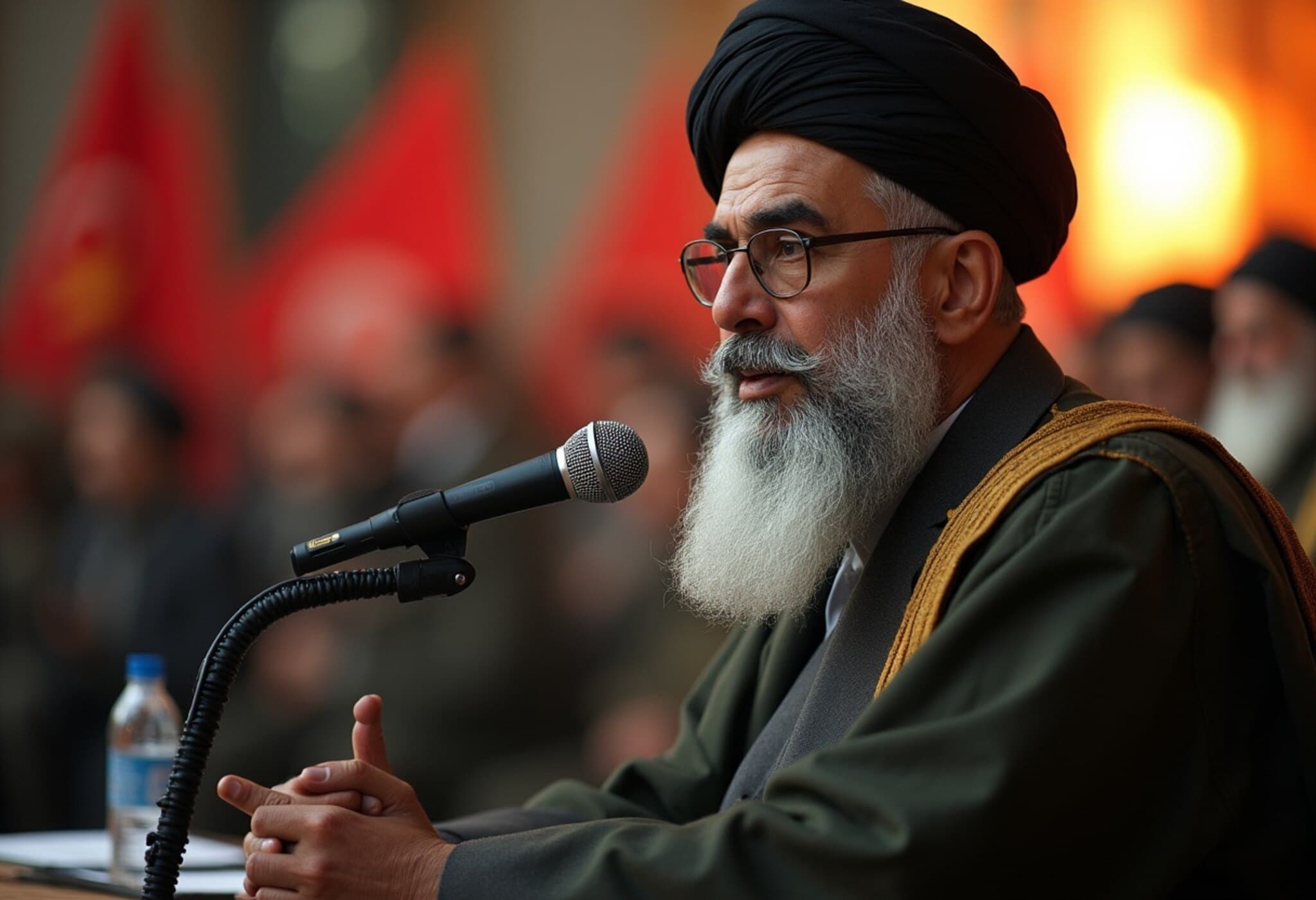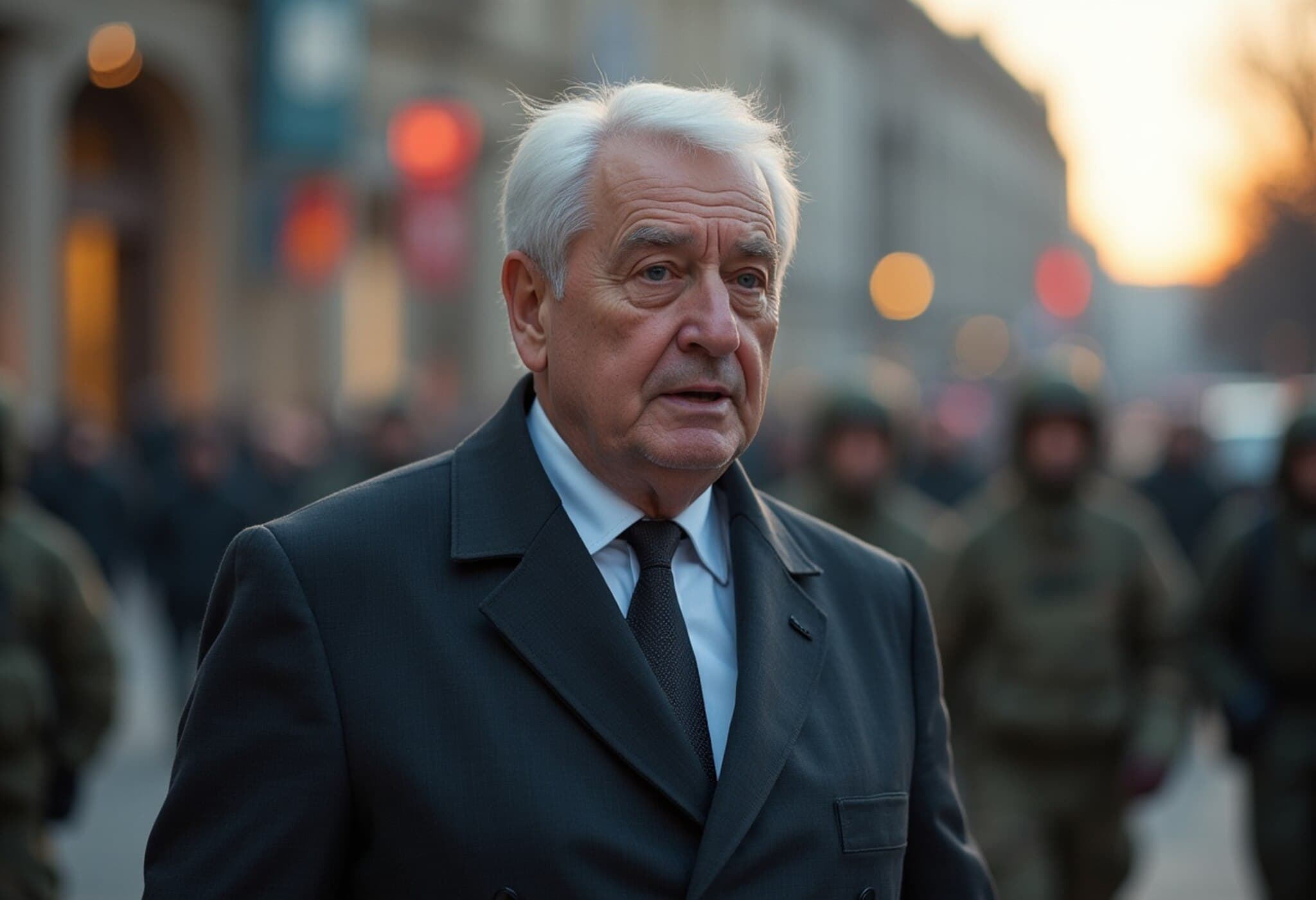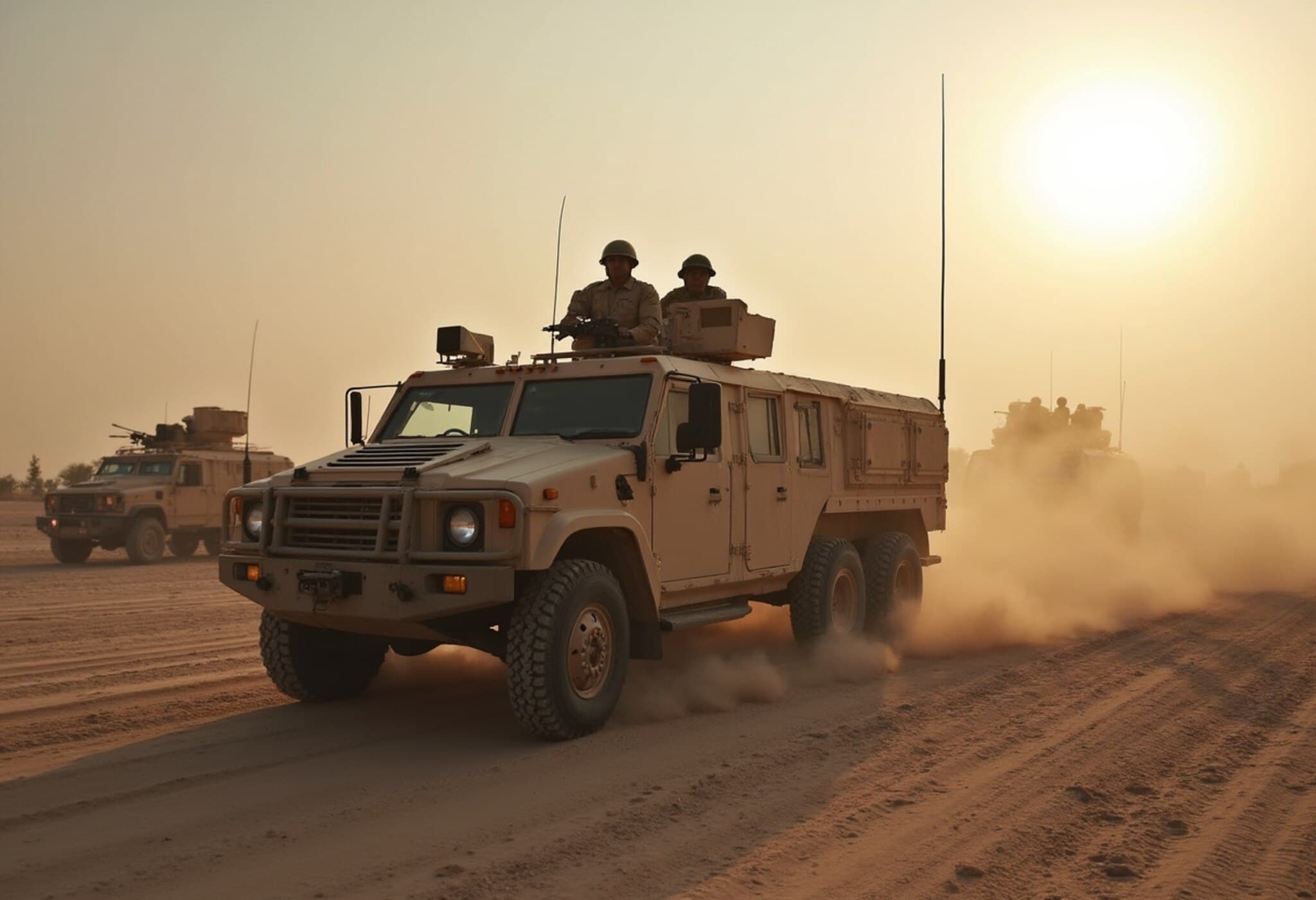Iran's Stark Response to U.S. Strikes on Nuclear Facilities
On Sunday, Iran condemned the recent United States military strikes targeting three major nuclear enrichment facilities, labeling the actions as “outrageous.” The attacks, which marked the first direct U.S. military assault on Iranian soil, have significantly escalated tensions in the fragile Middle East region.
Tehran’s Warning: All Options on the Table
Iran’s Foreign Minister Abbas Araghchi emphasized that Tehran reserves every right and option to defend its sovereignty, interests, and people against such aggressive moves. He warned that the consequences of these strikes on the Fordo, Natanz, and Isfahan nuclear sites would be long-lasting and deeply concerning for the international community.
Intensified Retaliation Against Israel
In retaliation, Iran has launched its 20th wave of missile and drone strikes targeting Israeli military positions, according to state media. These offensives triggered air raid sirens across Israel as the Israel Defense Forces (IDF) reported responding with missile strikes into western Iran.
The ongoing cycle of strikes follows an earlier Israeli attack on Iranian targets last week, plunging the region into heightened volatility.
Official Statements and Reactions
Reacting to the U.S. strikes, Iranian officials called for alarm within the United Nations, characterizing the attacks as lawless and criminal, violating international norms.
Meanwhile, the U.S. President hailed the operation as a “spectacular military success” that had “completely obliterated” Iran’s key enrichment capabilities. However, independent verification remains elusive, with international agencies reporting no radiation leaks or contamination following the strikes.
Regional and Global Fallout
Beyond Tehran and Washington, the strikes sent ripples across the Middle East. Countries like Saudi Arabia, Iraq, Oman, and Qatar voiced significant concern over the escalation. Lebanon urged restraint and called for serious diplomatic engagement to restore regional stability.
At the global level, the United Nations Secretary-General expressed grave worries about the use of force, cautioning that the conflict risks spiraling uncontrollably.
The Broader Outlook
U.S. leadership warned Iran of further consequences, signaling that more targets remain. Israeli officials commended the U.S. decision as a bold move that could alter history. Yet, with each new missile fired and each retaliation launched, the region edges closer to a wider confrontation.
What Lies Ahead?
As Iran and Israel exchange blows, and international actors weigh in, the geopolitical landscape remains tense and uncertain. The world watches with apprehension as this volatile dispute unfolds, mindful of the potentially devastating consequences of escalating conflict in the Middle East.










